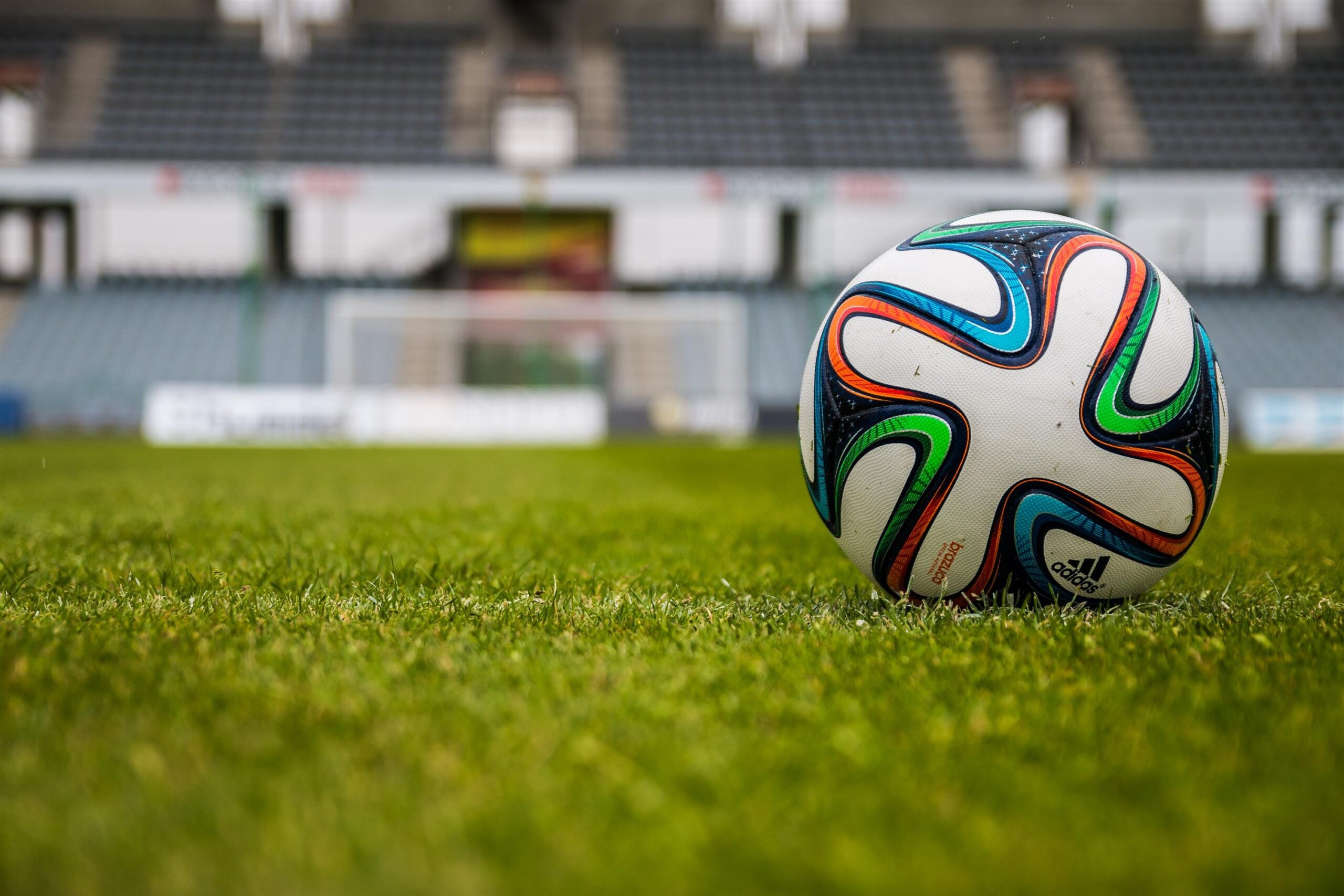
With less than a week before the transfer deadline, Tottenham Hotspur submitted a lucrative €70m offer to sign Argentinian star Paolo Dybala. The deal seemed simple, Spurs wanted him in, Italian champions Juventus wanted him out. But here we are in present day with the transfer deadline having passed and Dybala has not moved to London.
So, what prevented the move, was it doubts over Dybala’s ability to adapt to the fast-paced Premier League? Concerns whether he could execute pinpoint passes into Harry Kane with the same level of precision as Christian Eriksen? Or maybe Juventus teammate Cristiano Ronaldo pleaded for his fellow star to remain in Turin?
Nope. In fact, the breakdown of the transfer is nothing to do with football, the actual answer is because of Intellectual Property Law. More specifically, image rights.
What are image rights
Historically football clubs have had a simple arrangement with their players, the club paid the players to play football and the players turned up at 3 o’clock every Saturday. However, football has evolved in to a multi-billion-pound powerhouse and clubs are constantly exploring every possible method of cashing in on the beautiful game’s ever-expanding value.
As such, each club enters an array of commercial partnerships each season and the image rights of football players are essential to these arrangements since brands want to be associated with a club’s high-profile players.
An image right is essentially the ability to exploit a player’s name, nickname, image, photograph, signature, autograph, initials, endorsement, physical details, voice and other personal characteristics. As such, a player’s image is a highly lucrative commodity for companies to exploit, Paolo Dybala alone has sponsorships with Samsung, Gatorade, Monster, OTRO, FIFA and Adidas.
Dybala’s Case
Of course, there is the initial complication of a club having to pay for the ability to use a player’s image rights in any event but in Dybala’s case there was another roadblock. It is reported that he sold his image rights earlier in his career to his then agent. Those rights are now held by a marketing company based in Malta which owns at least 15 trademarks related to Dybala.
There are potential solutions to this matter, namely a license agreement (or some other commercial arrangement) for Tottenham to use Dybala’s image rights for a specified period. However, this is not only contingent upon the owner of Dybala’s image rights agreeing to such an arrangement in the first place, but it also means Tottenham are at the whim of the Maltese company and whatever value they assign to the rights.
Without an agreement it means Tottenham cannot use Paolo Dybala’s image. That means no photos of him in a Spurs kit at any events, no images of him in the club shop or any other commercial or social outlet. As Dybala would have been brought in for Tottenham’s all-time record transfer fee, in conjunction with his proven ability on the pitch, he undeniably would have been one of the club’s star players, so you can see how not having control over his image is more than problematic.
Image Right Restrictions
There may have been further complications arising from potential conflicts of interest.
When negotiating an image rights agreement Premier League clubs will attempt to limit a player’s ability to use his personal image rights. For instance, Spurs will have to ensure that their players cannot endorse another car manufacturer as the club is sponsored by Audi.
Limiting the company that owns Dybala’s image rights in this way means that they are prevented from finding lucrative brand deals that they would have otherwise enter into. The company owning Dybala’s rights may have wanted large amounts of compensation from Spurs for the lost commercial opportunities from future deals or from any current deals that put the player in a potential conflict with the club’s existing agreements.
Conclusion
Thus, the matter became too complicated and too expensive to complete in time and Tottenham have kicked off their season without Paolo Dybala.
This is not the first time IP rights have got in the way of a football transaction, Jose Mourinho’s appointment as Manchester United manager in 2016 was constantly delayed as not only did his personal endorsements with Jaguar and watch makers, Hublot conflict with Manchester United’s sponsors Chevrolet and watch company Bulova, but Chelsea (his former employer) owned the trade mark for Jose Mourinho’s name throughout the EU.
As the amount of wealth in football continues to dramatically increase year on year it is evident that these complications are likely to re-occur with increasing frequency. So remember, next time your favourite club fails to get that star player that was going to change your season, you might have Intellectual Property Law to blame.